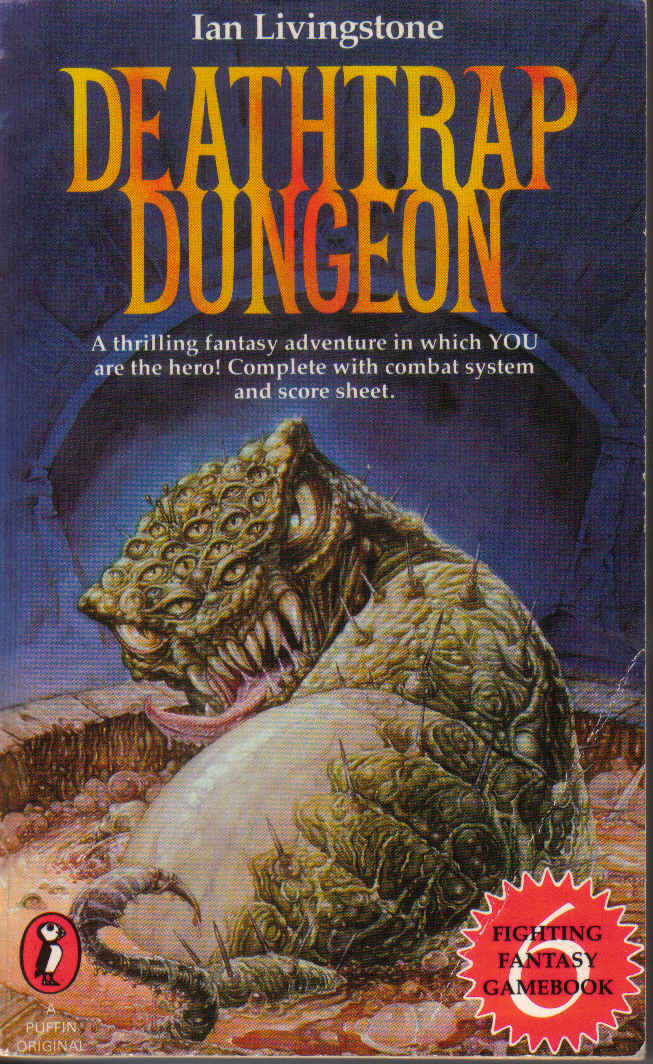
Here's how the books work: You're on a perilous adventure to defeat a villain, usually one with a comically evil-sounding name like "Balthus Dire" or "Zanbar Bone." You stumble into a room where you discover an orc chieftain whipping his servant. These longer games make combat more challenging while preserving the story and atmosphere of the original books they're based on. Like Inkle's Sorcery and Tin Man's The Warlock of Firetop Mountain, it looks and feels more like a traditional RPG. These "gamebook apps" left the contents of the books more or less intact, while automating the dice-rolling and page-turning elements of the game.įighting Fantasy Legends positions itself on the more ambitious end of the scale. Tin Man Games and now-defunct Canadian developer Big Blue Bubble both released digital editions of the books. The books are an analog predecessor to the interactive fiction genre, so perhaps it's not surprising we've seen them adapted so often in recent years. The open-world layout allows you to dip in and out of maps based on "The Warlock of Firetop Mountain," "Citadel of Chaos" and "City of Thieves," three separate adventures written by "Games Workshop" founders Steve Jackson and Ian Livingstone. And just like in the books, your weapon of choice is a fistful of dice. The game casts you as an adventuring dwarf, human or elf.

"Gold" and "Frankincense" weren't on the list, unfortunately. I chose the name "Myrrh" for my elf heroine. So as a fan of board games and a dice-and-paper veteran, I was keen to see what the creators would do with the gamebooks I grew up with. I grew up too late to read the books during their '80s heyday, but a stash of second-hand copies gave me my first real taste of interactive fantasy in a pen-and-paper world.įighting Fantasy Legends was created by Cheshire-based Nomad Games and published by Asmodee Digital, the company responsible for the app versions of cult board games such as Settlers of Catan, Pandemic and Ticket to Ride.

Readers were armed with a character sheet and a set of statistics generated with a dice roll. It's based on the Fighting Fantasy books, which inspired a cult following by combining a choose-your-own-adventure format with a role-playing element. That's what I asked myself after a few hours playing Final Fantasy Legends, a new casual RPG with card- and dice-based gameplay. I'm fighting my way across a fantasy continent filled with monsters and magical artifacts.


 0 kommentar(er)
0 kommentar(er)
